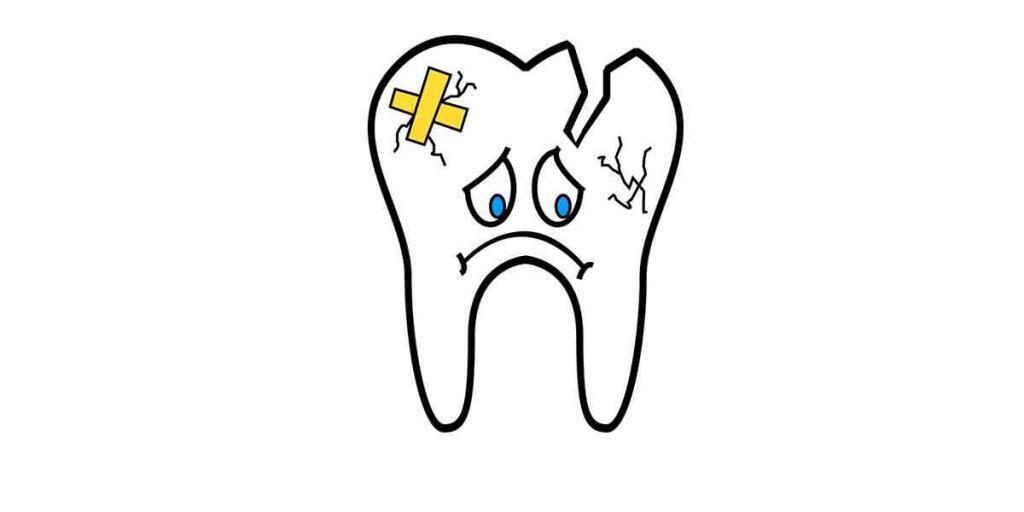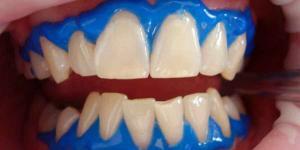In the previous part of this series, we have looked at a few ways your habits are leading you to the dental clinic faster than you ought to visit. Today, we look at a few more habits that are damaging your teeth.
Bruxism (Grinding of Teeth)
This is a habit where you grind your teeth against each other intentionally or unintentionally. Usually, this habit doesn’t damage your teeth initially, but when it is prolonged and the pressure is high, it leads to issues.
One survey has shown that this condition occurs in 8 percent of adults.
People grind their teeth for various reasons. First, nervousness and constant worry makes a person bite down on their teeth forcefully. This habit is also common when you are deep asleep, and usually, this is involuntary, and is attributed to a sleep disorder. A visit to a Brooklyn dental clinic will give you an idea of what the cause is.
When it happens during sleep, you won’t even realize you are doing it. All you will notice is a dull headache or a sore jaw first thing in the morning. Your bedmate also notices the habit, and will usually point it out, because the grinding is usually loud enough for the partner to hear.
Many people aren’t sure they are grinding their teeth at all, but they see the signs. The moment you notice the problem, call the nearest Brooklyn dental clinic and alert them about the issue.
Teeth grinding is harmful in various ways. First, it loosens your teeth or acts as a precursor to a tooth fracture. Chronic grinding also leads to increased wear and tear of your teeth. Work with a dentist to find out which dental restoration measures are available for the anomaly.
Apart from dental damage this habit can affect the jaw due to excess pressure exerted on it. The only way to mitigate this pressure is to use a mouth guard to protect your teeth. Talk to the dentist to design one for you.
Cough Drops: Do They Cause Dental Decay
Cough drops are intended to soothe your throat and lessen the cough, but the drops can sometimes lead to more than a calm throat.
Most cough drops in local pharmacies contain components known to cause dental damage. Many contain high sugar levels, citric acid, and alcohol. While they help relieve the cough, these ingredients also cause dental issues when used wrongly. Let us look at the ingredients and how they can affect your perfect teeth.
Sugar
This is a major component of cough drops. This sugar is used to sweeten the formulation, and mask the bitter taste of some ingredients. However, just like any other sugary foods, it is a source of food for harmful bacteria. These bacteria thrive on sugar and produce acid, which in turn dissolves the enamel and exposes the underlying nerves and blood vessels.
Alcohol
Apart from sugar, they also contain alcohol as an ingredient. Alcohol dries up your mouth. Remember that the saliva in your mouth plays a huge role in neutralizing acid. When the saliva production reduces, acid will accumulate in your mouth, and affect the enamel. This increases the likelihood of tooth decay.
Citric Acid
One of the top components of an effective cough drop regimen is citric acid. When you use cough drops over a prolonged period, this acid accumulates and breaks down the enamel.
Munching on the Drops
Well, this is a habit akin to chewing ice cubes. Cough drops are usually brittle; and it is recommended that you suck on them to dissolve them for a measured dose over time.
Chewing the drops might dislodge restorative treatments such as implants and crowns. Ensure you suck the drops, don’t chew them.
The best way to avoid these anomalies is taking the drops then eating something afterwards. Additionally, consumption of food stimulates production of saliva, which neutralizes the acid.
It is also advisable to brush your teeth after taking cough drops. This will reduce any sugars that have lodged in your teeth.
Visit a Brooklyn Dental Clinic Today
When you realize you have bad habits that damage your teeth and you don’t know how to stop them, a visit to the dentist will give you a chance to know what to do to stop the bad habits. Remember that the longer you wait, the higher the risk of developing tooth decay.



